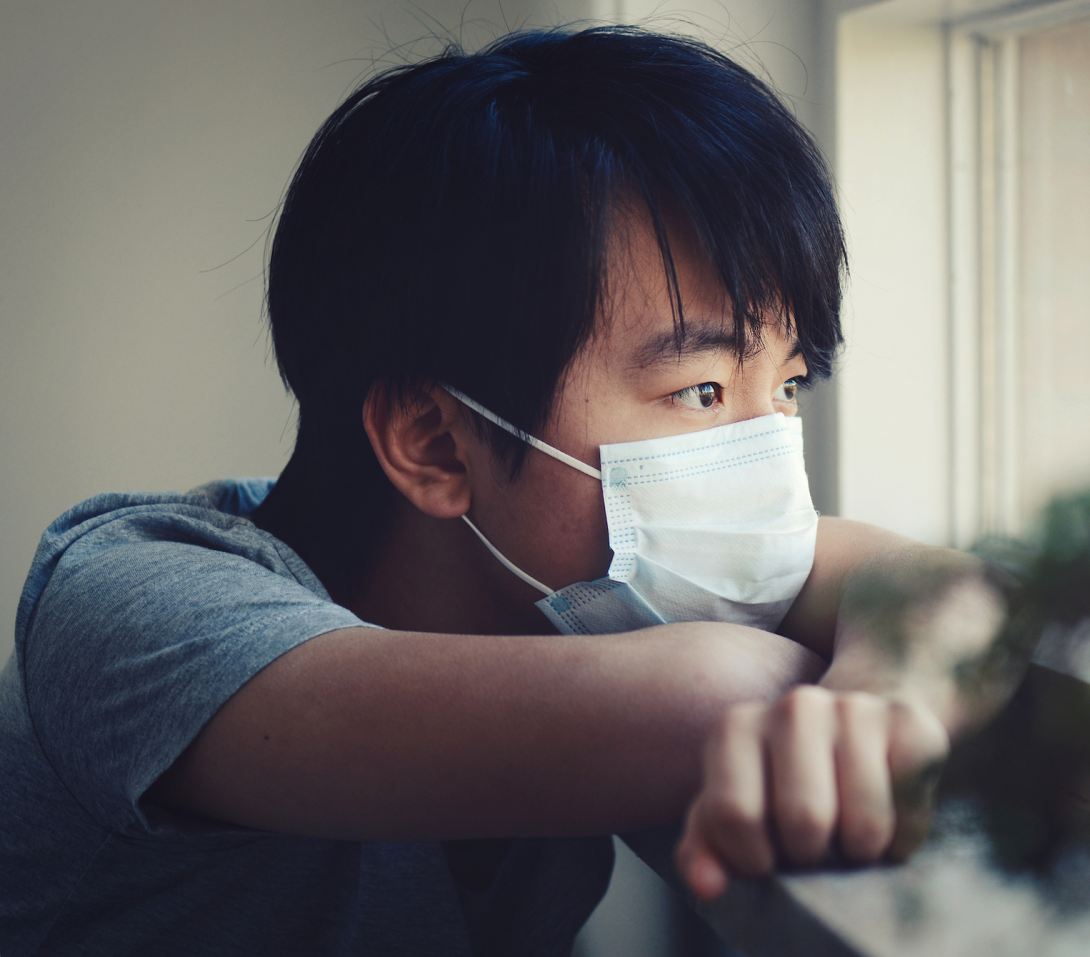China has drastically increased its responses to psychosocial issues caused by natural disasters and public health emergencies over the last two decades, despite persisting gaps in quality, comprehensiveness, and long-term monitoring of the provided support, according to a new study led by Brian Hall, Director of the Center for Global Health Equity and Professor of Global Public Health at NYU Shanghai.
Titled “Mental health and psychosocial interventions to limit the adverse psychological effects of disasters and emergencies in China: A scoping review,” the study systematically examined existing literature in English and Chinese on mental health and psychosocial support (MHPSS) to calamities in the country from 2000 to 2021, aiming to understand the country’s MHPSS intervention research and policies for disasters and emergencies, as well as to evaluate their efficacy. The paper was recently published in The Lancet Regional Health – Western Pacific, a leading journal dedicated to advancing clinical practices and health policies of the Western Pacific region.
“It is critical to understand how China responds to disasters as this sets the stage for future development in the field domestically, and also provides the world a key vantage point to learn from the successful implementation of MHPSS in our country,” said Hall, senior author of the research and a commissioner of the Lancet Commission on Mental Health in China.
China’s varied landscapes and large population make it one of the most disaster-prone countries in the world. Exposure to disasters and public health crises result in negative psychosocial consequences such as depression, anxiety, posttraumatic stress disorder among survivors, front-line workers, and other community members. And yet providing survivors quick and sufficient psychosocial support after emergencies at both national and grassroot levels was relatively new to the developing country till the early 21st century. China has since demonstrated its capability to implement MHPSS interventions (usually known as Psychological First Aid) to emergencies including the 2003 SARS epidemic, 2008 Wenchuan earthquake, and the most recent COVID-19 pandemic. However, there hasn’t been enough studies documenting these responses.
“By offering key insights into disaster response and preparedness that centers survivors at the core of the response, this is the first study to assess the state of the MHPSS field in China. We aimed to provide a critical overview of the field that will inform future public health planning around disasters,” Hall said.
Hall’s research reveals that China’s experience in post-crisis psychosocial support was limited prior to the 2008 Wenchuan earthquake. Since then, China has rapidly mobilized trained professionals to provide psychiatric and psychosocial services in affected communities, as seen in the 2008 earthquake in Sichuan Province and the COVID-19 outbreak in Hubei Province in early 2020. Meanwhile, not only these crisis-related intervention programs aim at reducing symptoms of mental disorders, but also focus on building survivors’ resilience to psychological trauma. In addition, multi-level, population-specific, and stepped-care models are developed and implemented to improve the efficiency of psychosocial interventions during major crises.
However, despite substantial improvement in the country’s post-crisis MHPSS interventions over the last two decades, the study shows that critical gaps still remain, such as lack of integration of MHPSS responses into the current national and local emergency response system, missing supervision and rigorous evaluation of the effectiveness of mental health services, and persisting regional imbalance in the quality and coverage of these services.
The review is the latest research by the Center for Global Health Equity at NYU Shanghai. It is yet another exemplification of the Center’s mission, which is to continue to develop evidence around interventions that improve public mental health and in particular, respond to populations who experience adversities, including complex emergencies and disasters, Hall said.
“NYU Shanghai has given its full support to develop a leading center in global public health, and that commitment has already led to the Center’s publication of more than 30 papers within 2022.”
A world-renowned expert in global mental health, Hall worked closely with notable scholars from Shanghai Mental Health Center, the Institute for Disaster Management and Reconstruction of Sichuan University, Fudan University, Shanghai Jiao Tong University, and Columbia University for over a year to complete the research. The project is part of the preparatory work for the Lancet Commission of Mental Health in China, co-chaired by Professor Xiao Shuiyuan and Professor Michael Phillips.


